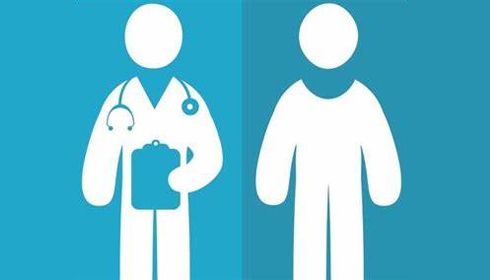
New Combination Treatment Shows Promise for Advanced Bladder Cancer Patients
A new combination therapy involving immunotherapy offers hope for patients with advanced bladder cancer, according to results from the FORT-2 clinical trial. The trial, funded by Bayer and supported by the National Cancer Institute, was conducted at 30 centres across Asia, Europe, and North America. Researchers found that combining an FGFR inhibitor with a PD-L1 inhibitor is both safe and tolerable, with encouraging results for patients with locally advanced or metastatic bladder cancer.
The study, published in JAMA Oncology, found that this combination therapy could significantly increase patient response rates. Immunotherapy has shown promise, but it has not proven beneficial for the vast majority of bladder cancer patients. Dr. Randy Sweis, Assistant Professor at the University of Chicago Medicine Comprehensive Cancer Centre and the study's first author, emphasised the limitations of immunotherapy, saying, "The major problem with immunotherapy is that it works great for some patients with bladder cancer, but the response rates never exceeded 25% with immunotherapy alone, and our main focus is to try to understand the resistance to immunotherapy."
The study looked at how the tumour microenvironment (TME) responds to immunotherapy. Tumours that have a T-cell-inflamed microenvironment, which is defined by the presence of CD8+ T cells and certain immune cell-signaling proteins, are more likely to survive. However, researchers have linked bladder cancer progression and immunotherapy resistance to mutations in the fibroblast growth factor receptor (FGFR). In a previous study, Sweis and colleagues discovered that tumours with FGFR3 mutations didn't have many T cells in them. This led to the investigation of FGFR inhibitors as a way to improve immunotherapy responses.
The FORT-2 trial looked at what happened when the FGFR inhibitor rogaratinib and the PD-L1 inhibitor atezolizumab were used together. It included 37 patients. Dr. Sweis emphasised that the combination therapy resulted in a 54% response rate, a considerable improvement over response rates of 23% with atezolizumab alone and 21% with rogaratinib alone. Responses came quickly, with a median response time of just over two months, and several lasted more than two years.
Notably, the medication was beneficial even in people lacking significant PD-L1 expression or FGFR3 gene changes, with an objective response rate of 53% in this sample. Sweis stated that next-generation FGFR inhibitors, which are more selective, are being developed and may improve tolerability and outcomes when taken with PD-L1 inhibitors.
The study, "Rogaratinib Plus Atezolizumab in Cisplatin-Ineligible Patients With FGFR RNA-Overexpressing Urothelial Cancer - The FORT-2 Phase 1b Nonrandomized Clinical Trial," highlights the treatment combination's potential to benefit a broader group of bladder cancer patients.